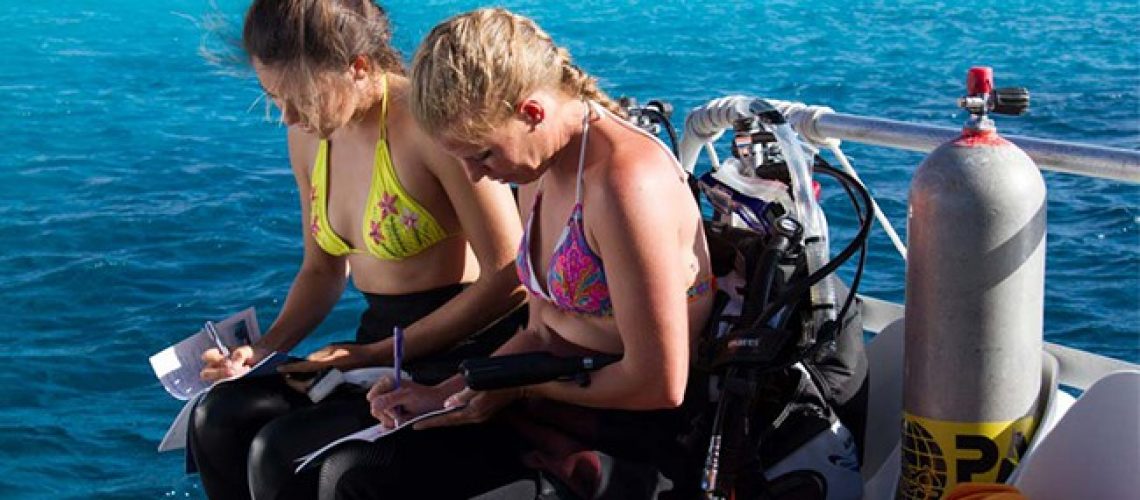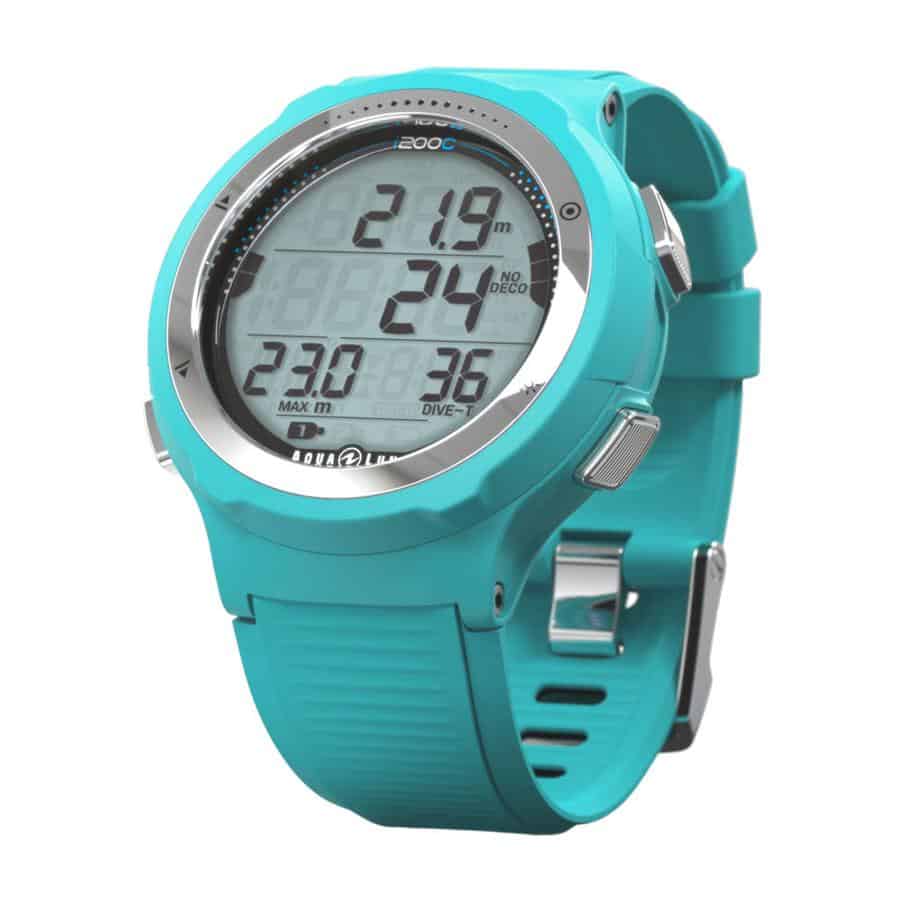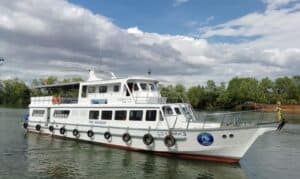You’ve passed your open water course, perhaps with us here at Dive Station Pattaya last year and now that the post – Covid World is starting to open up and you are starting to plan your next dive trip.
While you are planning your start to think it would be cool to have your own dive gear, while we have a whole buying guide in this post, we know that it can be intimating and expensive so here at Dive Station Pattaya we have put together a brief guide to the 6 items of essential dive equipment you should consider as your first purchases as they will make your future dive trips much more enjoyable.
With scuba equipment, as well as most thing in life you get what you pay for, so we at Dive Station Pattaya advise that when you are looking to purchase you first items of equipment you look at good quality branded items that will last you a long time and will grow with you as you grow as a diver.
Mask
The first item of essential dive equipment all newly qualified divers should buy is a good quality mask, all qualified divers in my opinion should have their own – no excuses even if you only dive half a dozen dives a year. Your mask is the most personal of equipment you can own and it probably the single most influential piece of equipment on how enjoyable a dive can be. An ill-fitting leaky mask is just horrible, I know I’ve dived in too many. Go to your local dive store and try on every one they have and buy the one that fits not the one that is the coolest or prettiest looking.
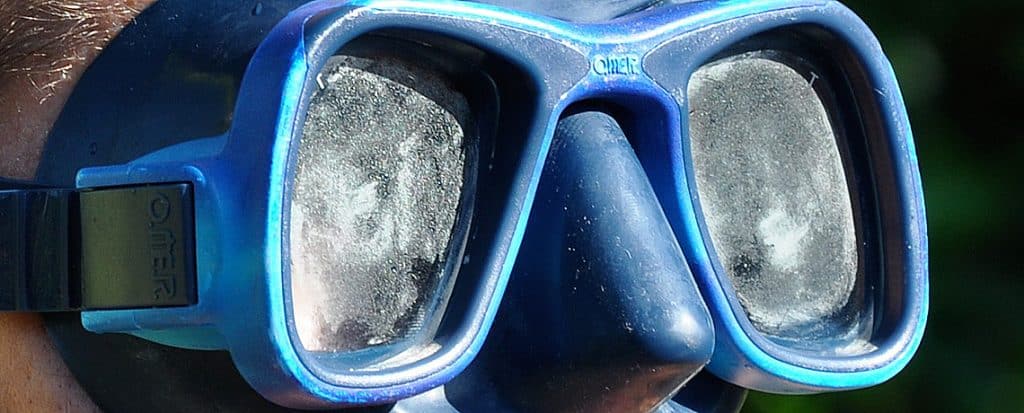
Dive Computer
The second piece of essential dive equipment we here at Dive Station Pattaya advise you invest is a good Dive Computer. It is highly unlikely that you learnt to dive with tables, if you learnt with the last 5 years, therefore you need a dive computer to go diving. You can rent one from the dive centre you are diving with but in reality, it’s not likely to be one that you are familiar with and if you don’t know how it works or what it’s telling you its not really much use is it?
Also dive computers do far more that track you time in the water they track you out of the water too, therefore a computer that you are familiar with is a much safer option the it algorithm will be calculating based on your dive profile taking into account the night dive you did last at the other dive centre. Most now even down load to your digital log book that you have on your smartphone or computer – the Suunto D5 even uploads to Facebook!
DSMB & Reel
The Third piece of essential dive equipment we recommend is a DSMB & reel. You are probably thinking why; you always dive with a dive guide and he carries one. While that is the case here in Thailand it isn’t always the case in all areas. When I dived in Florida for example you are often briefed on the dive site given a maximum dive time and them you are let loose on your own. And a DSMB isn’t something that dive centres often add into a standard dive gear rental package – because in reality for a centre they are something easily lost or stolen.
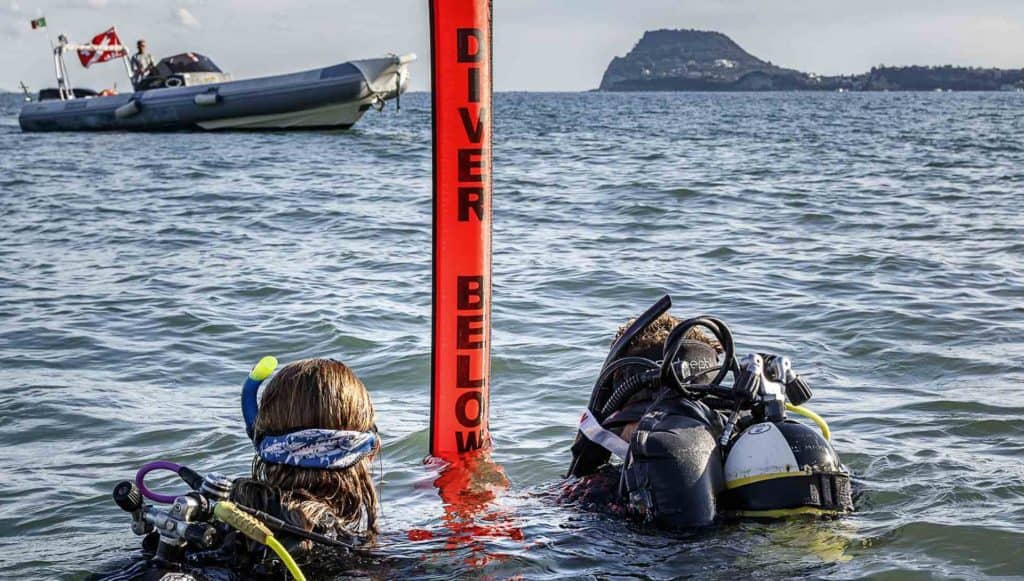
We therefore advise all our new divers invest in a DSMB and reel to add to your kit they are relatively inexpensive. Having your own encourages you to get used to how and when to deploy them. All divers should carry one not just one per buddy pair because they can used to signal the boat or your buddy if you become separated from your dive group.
The really are a relatively inexpensive piece of kit, if you need any advice on how to use a DSMB and reel effectively or the best type to purchase give us a call here at Dive Station Pattaya or drop in for a coffee.
Torches
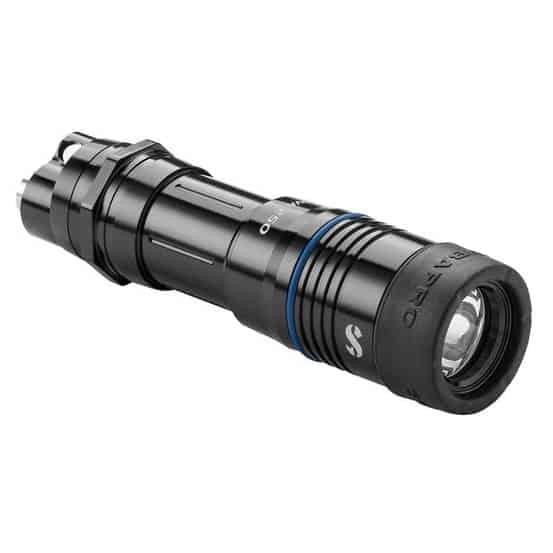
The fourth piece of essential dive equipment we would recommend is a torch (or flashlight for our American cousins), again this is a piece of equipment that dive centres don’t include in their standard rental package, for the same reasons they don’t include an DSMB except when they are running night dives or night diving specialty courses. However, torch is not just for a night dive. Torches are invaluable on all dives, especially wreck dives and deeper divers, where they let nosey into nooks and crannies and allow to see some of the vibrant colour on the reef that gets lost at depth.
Torches are relatively small and if they are just for occasional dive trip they don’t need to be budget sapping. Obviously, like all pieces of dive equipment you generally get what you pay for, you just need to ask yourself what your main uses for the torch will be.
Exposure Protection
The Fifth piece of essential dive equipment we would recommend is appropriate exposure protection. Now if you’re planning to do all you diving here in Pattaya that might be nothing more than a cheap decathlon rash vest and a pair of board shorts but not everywhere is blessed with the “bath water” warm water we have here in Thailand or you might just be a cold person who needs a fully length 5mm wetsuit in 28C (82F for our American Cousins) water; we are all different.
A wetsuit like a mask is the most personal piece of equipment you can own, With mentioning what people do in wet suits it’s all well and good hiring a school suit for your initial open water course but if you’re going to doing a lot of dives you want your own, that is right for the job in hand. For example, if you’re heading to the Red sea you might need a 5mm full length suit, Cancun & Cozumel in Mexico maybe a 3mm surfing type or a shorty. If you dive regularly in the UK or California a Dry suit will be in order.
I won’t lie exposure protection can be a rabbit hole, and might end up with you having several suits for different occasions but in the long run it’ll be for the best and as with anything give us a call here at the shop and we’ll try guide you through the minefield.
Regulators
Finally, the 6th piece of essential dive equipment we recommend is regulators. Regulators are simple to carry when you travel, they fit in your carry-on luggage (if you get a separate regulator bag you can even use it as your personal item to keep space in you carry on). I’ve listed these last as regulators are always included in standard dive centre rental packages and there it not necessary to carry you own to have a great dive trip. However, as you start to dive more regularly regulators are the first piece of dive equipment you should invest in.
If you own your own regulators, you know where they have been, how they have been handled when they were last serviced as I have said previously in this post, you get what you pay for, therefore I would buy the best you can afford. If that means that you all yoyr available budget goes on the regulators (I’m assuming here that this point you have the pieces of equipment listed above) then so be it. Save up and buy the BCD or Wing in 6 months or so. I have instructor friends that have a set of Apex XTX200 regulators they have had 10 years or more will thousands of dives on the clock that are still working as good as new. The first of regs I bought last 1 year of dive trips and they fell apart when first serviced, I’ll never buy cheap regulators again. Again, we are here in the shop to help you through the minefield, grab a coffee or a coke and we’ll talk options through with you.
Summary
In summary, there are some items of scuba equipment that it is essential that you own your own of, these are in descending purchase order:
- A good quality Mask
- A good Dive computer – watch style probably the most practical for holiday divers
- DSMB
- Torch (Flashlight)
- Appropriate thermal protection
- Good quality regulators
If there is any part of this post you feel you want to discuss call into see is at the shop or give a call.
Hope to see you all in the water soon.


